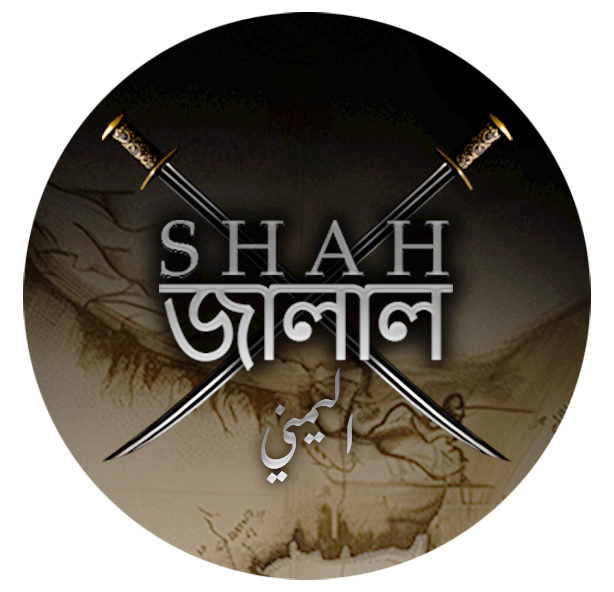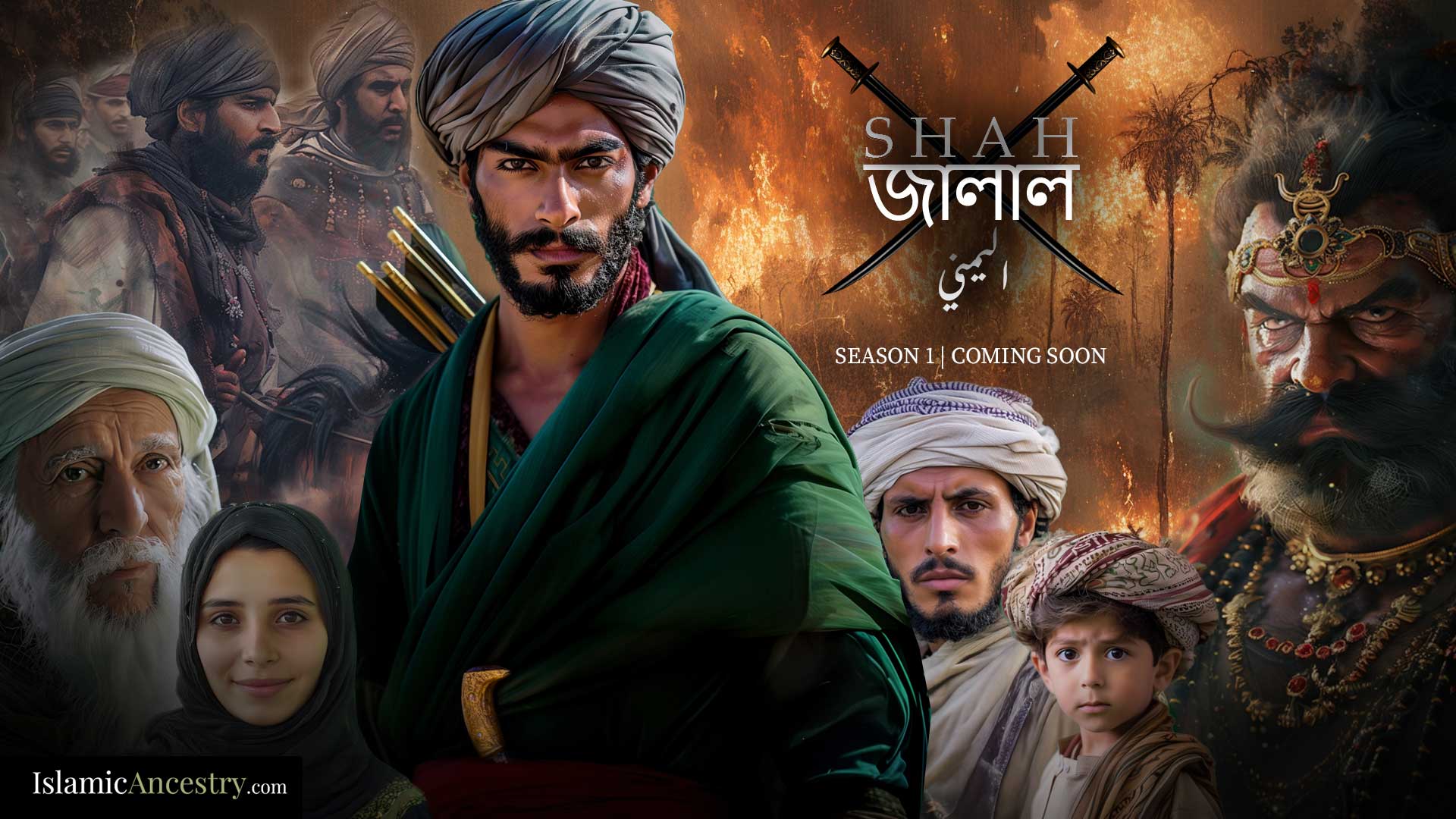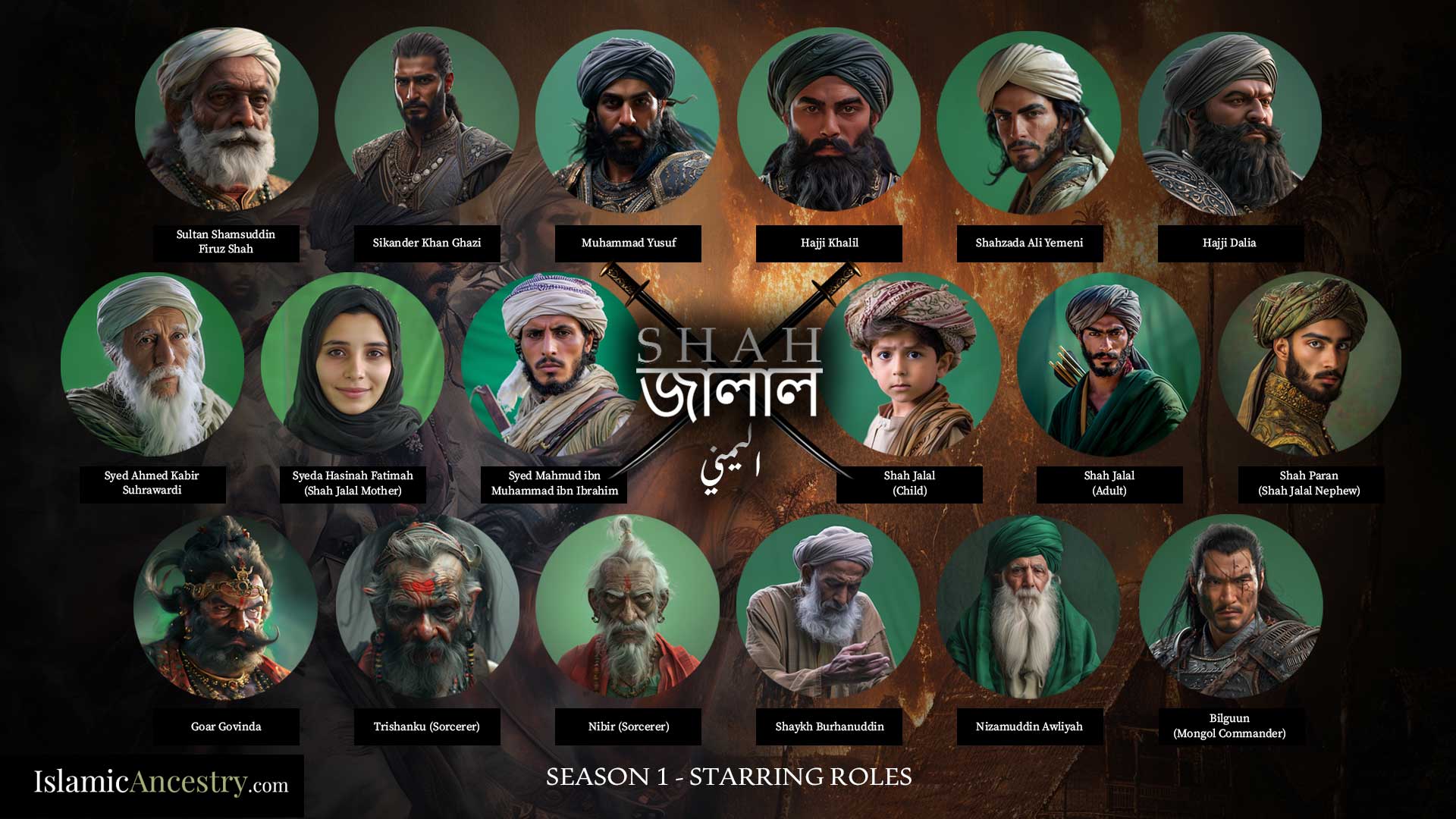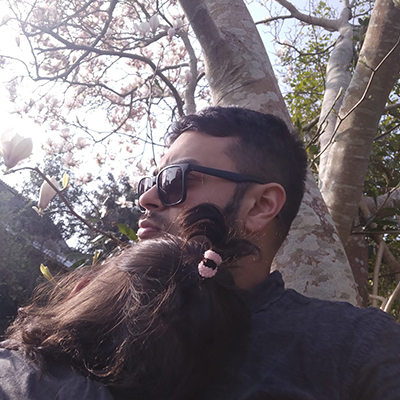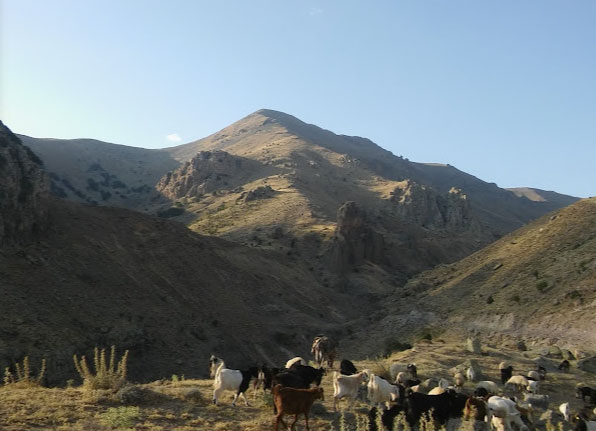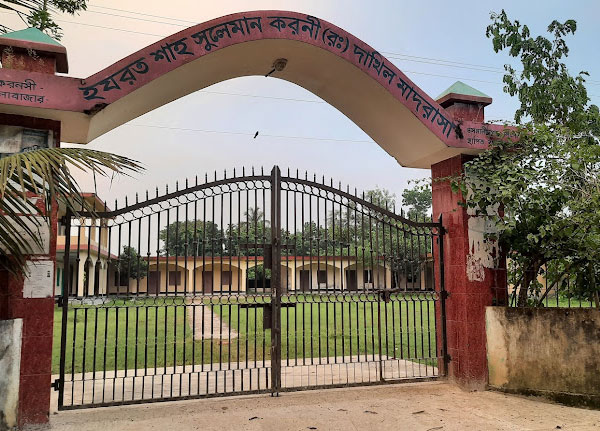A picture of the mountains in the town of modern day Çömlekçi in Türkiye where nearby the town of Koron would have been.
I remember my grandmother mentioning his name a long time ago but unfortunately I do not recall what she said about him. After some Googling around I found out that there was a Madrasah in the village also named after this individual which some of my relatives funded. And to my surprise Shah Suleiman Koroni was actually buried a few minutes away from that Madrasah.
A picture of the entrance gates to the Shah Suleiman Koroni Madrasah in Sylhet.
So who was this man who is likely to be my direct ancestor? And what was a person from Koron doing buried in Sylhet? Well after some investigation it turns out that he was one of the 360 disciples of the great Shah Jalal Al-Yemeni, a revered Islamic scholar, warrior and preacher who gathered Muslims from across the world in Delhi from where he eventually brought Islam to the Bengal region after waging jihad and defeating the tyrannical king Gour Govinda in the 8th century AH.
“Sounds like an amazing story”, I thought. “The inspiration from this story is exactly what the Ummah, especially those from the subcontinent, need today with all that is happening in Palestine and Gaza. Someone should write a book or produce a TV series about it”. To my surprise it turns out that such a thing does not exist and so there I was on the prayer mat making du’a that Allah puts barakah into this endeavour and allows it to be a success and a means of me honouring the person that brought Islam to my ancestors. I intend for this to just be the beginning of my legacy and contribution to the Ummah. I hope that someone will watch this series, and the many other series’ that I intend to produce thereafter, and be inspired to follow in the footsteps of the great scholars, mujahids and revivers of Islamic history.

